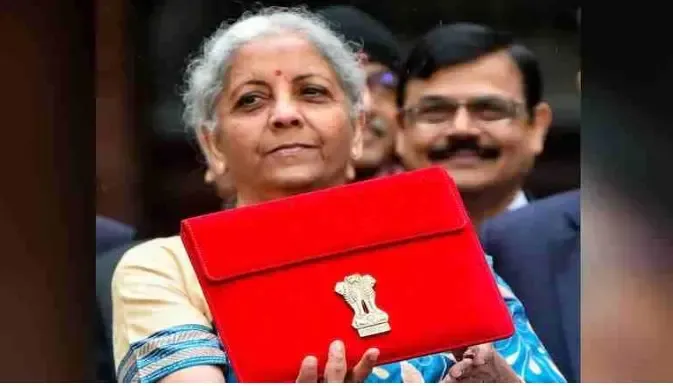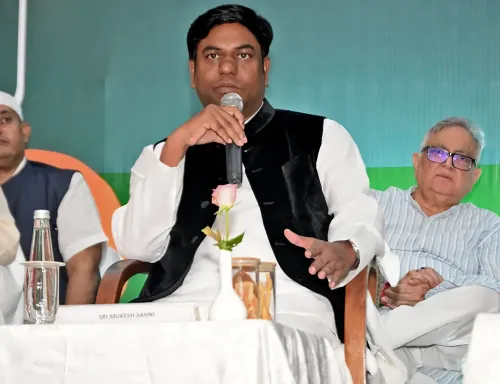Waqf Amendment Act Among 16 Bills to Be Introduced in Parliament's Budget Session Starting Today

Synopsis
Key Takeaways
- 16 Bills to be introduced in Parliament.
- Waqf Amendment Bill proposes 44 changes.
- Finance Bill includes new direct tax code.
- Amendments to maritime and banking laws proposed.
- Disaster Management Bill aims for quicker response.
New Delhi, Jan 31 (NationPress) A total of sixteen Bills, including the Finance Bill 2025, modifications to the Waqf and Banking Regulations Act, as well as the unification of the Indian Railways and Indian Railways Board Acts, are set to be introduced during the Budget session of Parliament, commencing on Friday with the Economic Survey 2024/25.
The other thirteen Bills anticipated in this session include amendments to the Disaster Management and Oilfields (Regulation and Development) laws. There are also proposals related to coastal and merchant shipping, and an initiative to rename the Institute of Rural Management Anand to Tribhuvan Sahkari University, designating it as an institution of national significance.
Additionally, legislation aimed at protecting financial interests in the aviation sector and revising immigration regulations for foreigners is also on the agenda.
Another significant bill expected is the Readjustment of Representation of Scheduled Tribes (ST) in Assembly Constituencies of Goa, which aims to reallocate Assembly seats to better reflect the representation of ST communities.
This session will be highlighted by major items, particularly the Waqf (Amendment) and Finance Bills, in which Finance Minister Nirmala Sitharaman will unveil her eighth Union Budget, falling just two behind the record of ten established by Morarji Desai.
The Waqf (Amendment) Bill proposes 44 amendments to the management of Muslim charitable properties in India and was introduced in Parliament last August.
Upon its introduction, the bill faced considerable backlash from the Opposition and was referred to a joint committee led by BJP MP Jagadambika Pal. The Joint Parliamentary Committee (JPC), which conducted numerous sessions amidst uproar from the opposition, submitted its report this week.
The committee put forth 14 suggestions, all from ruling BJP or allied members, while dismissing 44 recommendations from opposition MPs, which further strained relations between the two factions.
Both the recommendations and the Bill are expected to be discussed in this session.
The Finance Bill is pivotal for various reasons, notably the proposed new direct tax code aimed at completely revamping the existing Income Tax Act of 1961.
This new framework is anticipated to simplify income tax laws, making them more comprehensible and user-friendly for taxpayers in calculating dues and filing returns.
Even without this new code, the Finance Bill will still encompass significant reforms and will be essential for the Central government's execution of all budgetary proposals from Finance Minister Nirmala Sitharaman.
Furthermore, amendments to banking laws will aim to fortify governance in the banking sector while enhancing convenience for consumers and protecting investors.
Other proposed Bills include updates to maritime laws such as the Bills of Lading Bill, Carriage of Goods by Sea Bill, Coastal Shipping Bill, and the Merchant Shipping Bill, 2024, all designed to modernize shipping regulations.
The Oilfields Amendment Bill will suggest revisions to the laws governing oil exploration and extraction. The Boilers Bill aims to introduce new safety protocols for industrial boilers.
Another crucial legislative proposal is the Disaster Management (Amendment) Bill, which will transfer the duty of creating disaster plans to both Central and state-level forces, ensuring an up-to-date database for a quicker and more efficient response.









